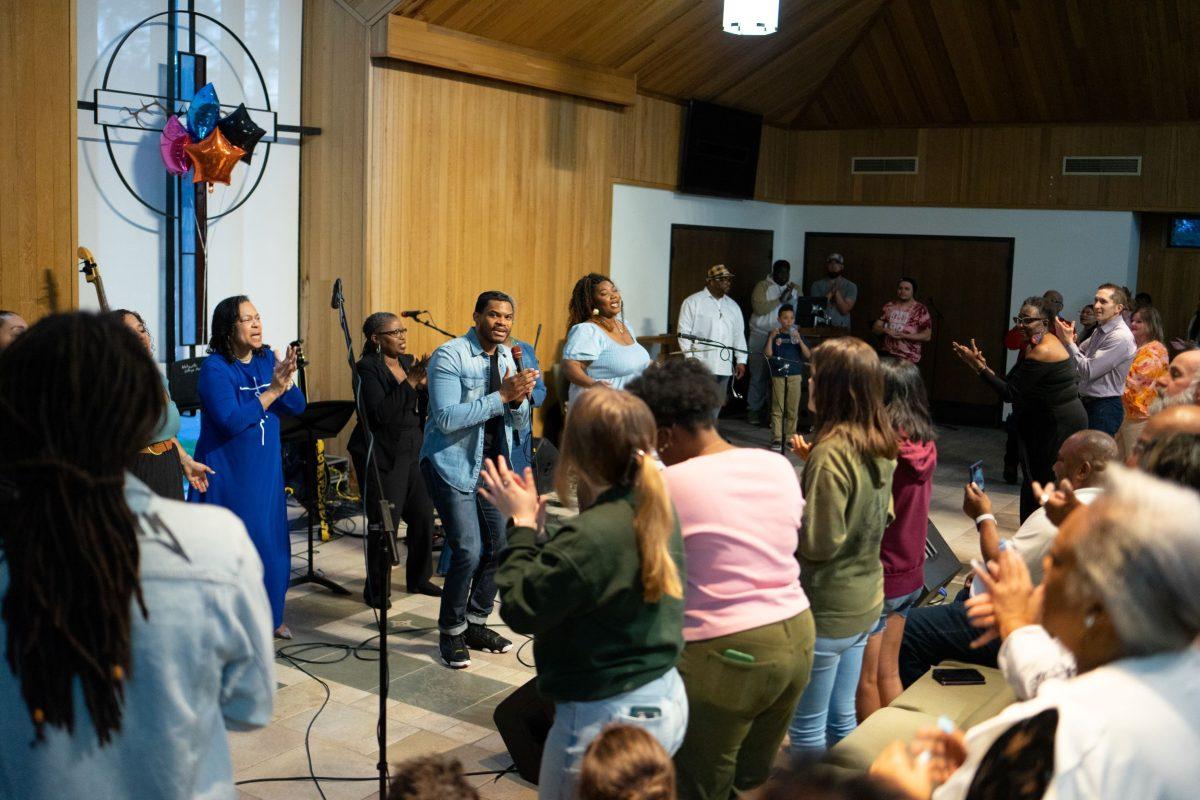When students apply to college, many use online school rankings to determine which colleges they want to apply to. However, students must be wary of always trusting these rankings to be completely accurate portrayals of schools.
College rankings vary in methodology and scope, since the reason one student might choose a school differs from what reasons that be important to another student.
Junior Hanna Abbott said she used a variety of college ranking systems when looking at which colleges to apply to, including an online list of top Christian colleges and a book of the top universities in the nation.
Abbott said she came to Whitworth for a few reasons, including the excellent English program, the memories tied to the school from her childhood and the rankings the school had received from online ranking lists.
“College rankings definitely mattered but in the end it came down to a feeling of being called to be here,” Abbott said.
In a poll taken by the Huffington Post, “Which set of college rankings do you prefer?”, US News came out on top out of the seven college ranking sites listed, with nearly 44 percent of the votes.
US New ranks schools based on criteria such as undergraduate academic reputation, student selectivity, and alumni giving.
Forbes’ list of America’s top colleges, one of the more prominent ranking lists, puts less emphasis on SAT scores and class rank and more emphasis on student debt, post-grad success, and graduation rate.
But, education professionals have criticized US News for its methodology, particularly for the weight the ranking gives to undergraduate academic reputation (22.5 percent, according to US News).
Even if the methodology is sound, sometimes the data reported for a university is inaccurate. A senior officer at Claremont McKenna, one of the Claremont Colleges, admitted last January to inflating the average SAT scores given to US News since 2005.
Claremont McKenna is not the only college reporting false statistics. Many schools in recent years have been caught reporting inaccurate data in order to raise their rankings.
University of Illinois College of Law also acknowledged that they had misrepresented statistics, but did not comment on whether or not the error was intentional or not.
In response to these problems, President Obama is pushing for the creation of a government operated ranking system for universities and colleges. Using this system, Obama will seek congressional approval to give more student aid to colleges that score higher in these new rankings, in hopes that colleges will shift their priorities from SAT scores to amount of debt student’s graduate with.
Until then, students will have to determine for themselves which rankings are the best.
Contact Hayley O’Brien at [email protected]








